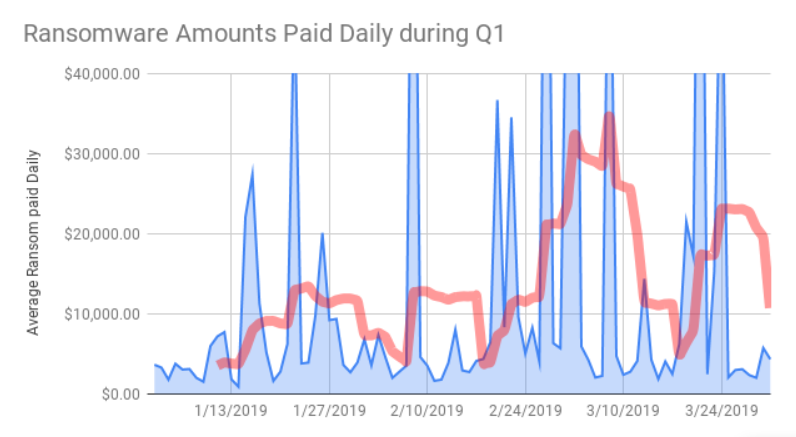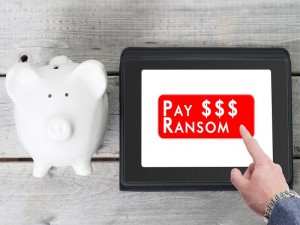When hackers paralyzed the town of Baltimore with a ransomware assault final month, the main target turned not the theft itself, however a $76,000 Bitcoin ransom.
NSA Passes Ransomware Buck
In keeping with a current report from The New York Occasions, a ransomware assault in Baltimore, Maryland in Could was empowered by means of a stolen Nationwide Safety Company (NSA) cyberweapon.
In a beforehand printed article, the Occasions had reported that the cyberweapon, EternalBlue, got here to gentle after discovery by every of the 4 contractors employed to analyze the assault and repair the town’s community.
The weapon was probably stolen and redistributed in 2017 by a bunch referred to as the Shadow Brokers, however the NSA refused to touch upon the incident or existence of the cyberweapon.
EternalBlue featured in assaults by North Korea and Russia in 2017 and the software has induced billions of {dollars} price of injury to numerous governments and companies.
Maryland Congressman Dutch Ruppersberger additionally issued an announcement informing the media that he had been briefed by “senior leaders” from the NSA and in line with Ruppersberger, the NSA mentioned that there was “no evidence at this time that EternalBlue played a role in the ransomware attack affecting Baltimore City.”
BTC Cost Rejected
The investigators talking with the Occasions demanded that they continue to be nameless and they’re nonetheless working to piece collectively the precise chronology of the ransomware assault. The most well-liked clarification is that hackers breached an open server in Baltimore’s community then proceeded to put in a again door.
EternalBlue might need been used to journey throughout Baltimore’s computer systems and a separate software program software referred to as ‘Web Shell’ might have acted alongside it.
The hackers demanded that the town pay the $76,000 ransom in Bitcoin 00 however Main Bernard C. Younger refused to pay. Whereas this may increasingly have been a wise transfer, the town now estimates that the price of the ransomware assault totals greater than $18 million as a consequence of misplaced income and the price of restoration efforts.

In keeping with investigators, a preferred hacking approach referred to as ‘pass-the-hash’ helped unfold the ransomware and these days EternalBlue has acted as a software to launch assaults towards native and municipal governments in the USA. These locations have a tendency to make use of older tools, the speculation goes, which has not adopted prompt software program updates.
In 2017 Microsoft launched a Home windows replace which might have protected Baltimore’s computer systems towards EternalBlue however it seems that the replace was not put in.
Blame it on Bitcoin
Curiously, media protection of the ransomware assault centered totally on Bitcoin being the tactic of cost the attackers needed and the oft-used narrative of Bitcoin and cryptocurrency being primarily utilized by terrorist teams, drug sellers and on-line darkish markets as soon as once more emerged.
Oddly sufficient, Bitcoin steadily turns into such a focus and scapegoat, taking the blame for ransomware and different assaults.
A report in April concluded BTC made up 98 % of all crypto-denominated ransomware funds, with privacy-focused cash equivalent to Monero accounting for a relatively tiny share.
On this case, nonetheless, absolutely the true wrongdoer is America’s ageing know-how infrastructure and a scarcity of correct cybersecurity coaching for native authorities staff.
Who must be blamed on this scenario? Bitcoin or the town of Baltimore? Share your ideas within the feedback under!
Pictures by way of Shutterstock, Coveware.com
The submit Ransomware Stems From Governments, However Bitcoin Will get The Blame appeared first on Bitcoinist.com.













